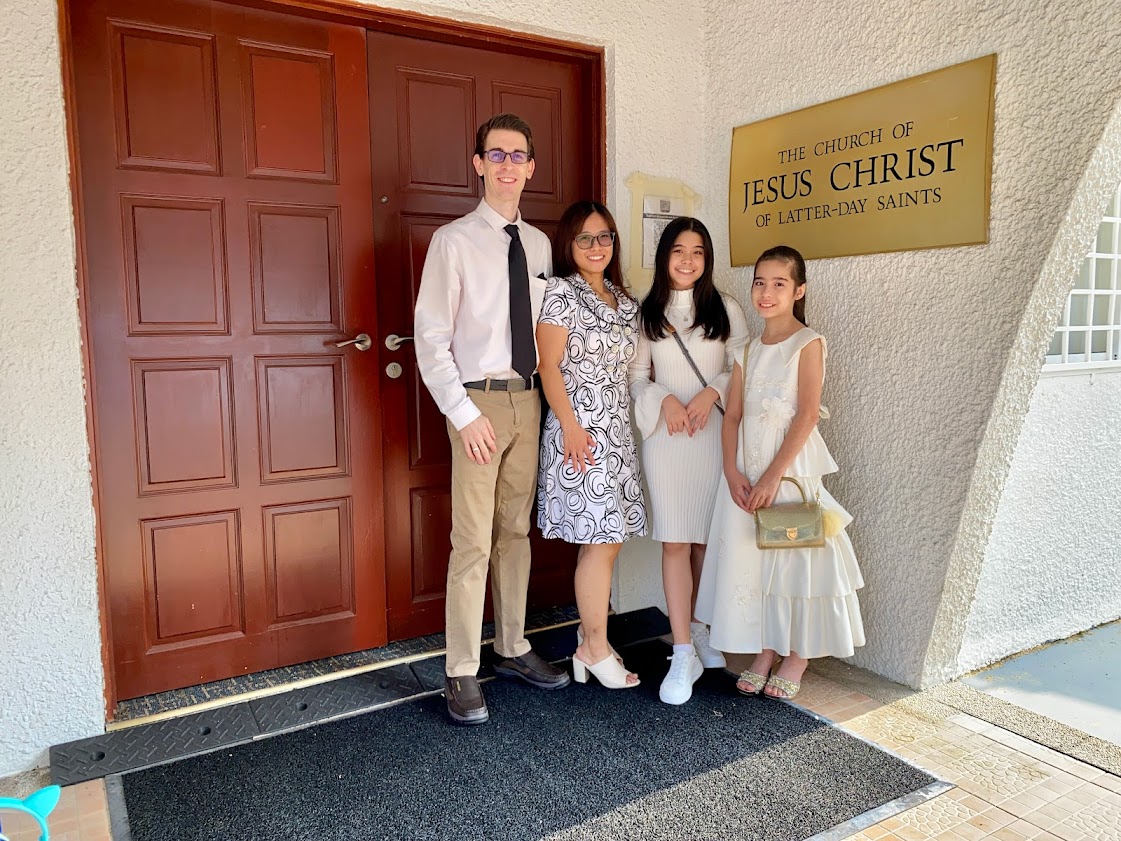This is one post in an A-Z series of 26 where I am writing about living as a Mormon in the wilderness of Kuantan
Joseph Smith.
A name both loved and hated by many the world over.
Perhaps the greatest person to promote religious liberty in the United States and one who has contributed the most to Christian theology in the Western world.
As a 14-year-old teenager, he showed remarkable maturity in earnestly seeking for a church to attend and which represented his ideals gained from carefully studying the Holy Bible. He attended various church meetings and studied passages of scripture both individually and with his family. He had no formal education that is virtually guaranteed as a norm for a lot of us today.
Following a passage of scripture in James 1:5 which urges us to pray for answers to our questions, Joseph Smith did just that and took his query regarding a church to join, to God in prayer.
As a result of considering other viewpoints, studying the word of God in the Holy Bible, and making a petition to Deity in prayer, he claimed to have been visited by three beings - Satan who tried to prevent him from praying, followed by God and Jesus Christ.
Mormons typically refer to this visitation as "The First Vision."
 |
| An artistic depiction of The First Vision experienced by Joseph Smith |
Either Joseph Smith was lying about it all and is an imposter, in which case, the Mormon church has no foundation, is built on a false premise, and I have been wasting away my life in a lie; or it is true, God and Christ visited Joseph Smith on earth in 1820, and They began the process of restoring the New Testament church which Jesus arranged in his lifetime.
I certainly don't feel that my life has been wasted in this cause. I have learned more about Deity through the life, experience, and revelations given through Joseph Smith. I belong to the church that he formed under the direction of the resurrected Jesus Christ. The doctrine fosters hope, peace, love, knowledge, spirituality and personal responsibility. We try to emulate the supreme example of Jesus Christ.
As a young missionary I personally experienced the hatred towards this man when I was confronted by an Australian in Kuala Lumpur who proceeded to rant and rave with spittle reaching my face, in opposition to Joseph Smith. I waited patiently, a little afraid but decidedly certain, until he had finished before replying that I believed Joseph Smith genuinely saw what he said he saw. I have never understood the anger towards Joseph Smith, who at least, has contributed significant amounts of information concerning God, Christ and the doctrines of Christianity.
After all is said and done, I have no reason to doubt the simple testimony Joseph Smith died for at the tender age of 38, which he stated thus:
"I had actually seen a light, and in the midst of that light I saw two Personages, and they did in reality speak to me; and though I was hated and persecuted for saying that I had seen a vision, yet it was true; and while they were persecuting me, reviling me, and speaking all manner of evil against me falsely for so saying, I was led to say in my heart: Why persecute me for telling the truth? I have actually seen a vision; and who am I that I can withstand God, or why does the world think to make me deny what I have actually seen? For I had seen a vision; I knew it, and I knew that God knew it, and I could not deny it, neither dared I do it; at least I knew that by so doing I would offend God, and come under condemnation."
(Joseph Smith - History 1:25)





